In this podcast, Kushal speaks with Shadi Hamid about his latest book “The Problem of Democracy: America, the Middle East, and the Rise and Fall of an Idea”. ...
In this podcast, Kushal speaks with Rajiv Malhotra about his latest book “Snakes in the Ganga: Breaking India 2.0”. Rajiv Malhotra explains how Harvard University has become the epicenter of absurd social science experiments and how policy ideas generated from ...
In this podcast, Kushal speaks with Vikram Sampath about his book “Bravehearts of Bharat: Vignettes from Indian History”. ...
In this podcast, Kushal speaks with Vikram Sood about his book “The Ultimate Goal: A Former R&AW Chief Deconstructs How Nations Construct Narratives”. ...
In this podcast, Kushal speaks to Hindol Sengupta about his book “Sing, Dance and Pray: The Inspirational Story of Srila Prabhupada Founder-Acharya of ISKCON”. ...
In this podcast, Kushal speaks with Nalin Mehta about a recent article that he wrote where he claims that the BJP will dominate the Indian political landscape till the year 2047. What is the basis of this claim and how ...
In this podcast, Kushal speaks with Sriram Balasubramanian about his book ” Kautilyanomics For Modern Times “. What is Kautilyanomics? What was Kautilya’s view on economics? Was he a socialist or a capitalist? Or was his view based on Dharmic ...
In this podcast, Kushal speaks with Gautam R. Desiraju about his latest book ” Bhārat: India 2.0 “. This book is a detailed journey from the proceedings of the Constituent Assembly to the formulation of the Indian Constitution of 1950 ...
In this podcast, Kushal chats with Gautam Chikermane and Devdip Ganguli about their latest book ” Reading Sri Aurobindo “. The movie is a beautiful summary of the complete works of Sri Aurobindo. They chat about Sri Aurobindo’s views on ...
In this podcast, Aabhas Maldahiyar chats with Kushal about his book “#Modi Again: (Why Modi is right for India) An Ex-Communist’s Manifesto”. This book is a fascinating narration of Aabhas’ own journey where he voted against Modi and the BJP ...
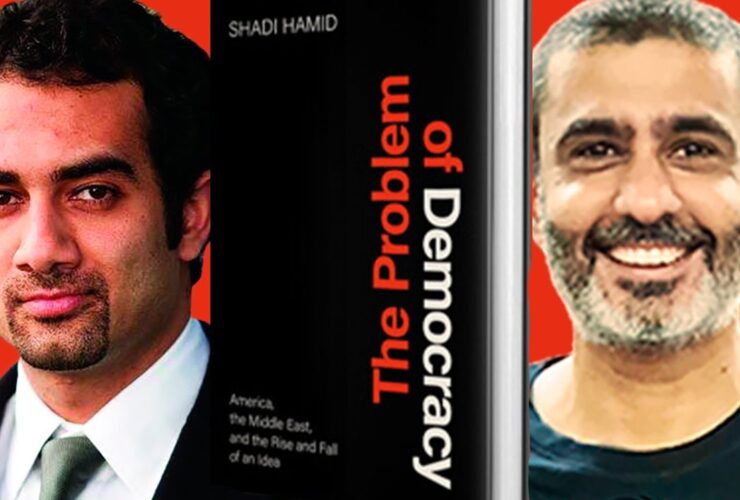
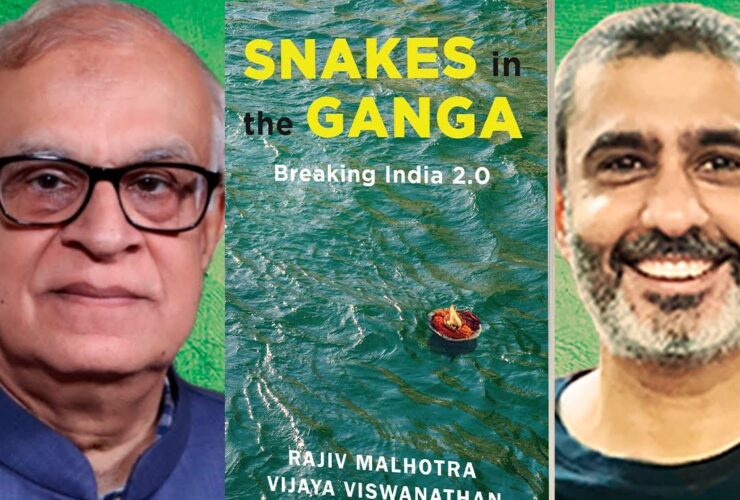
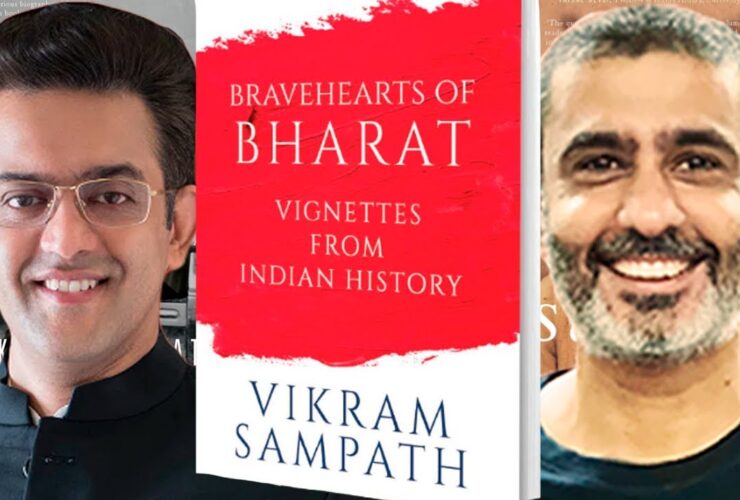
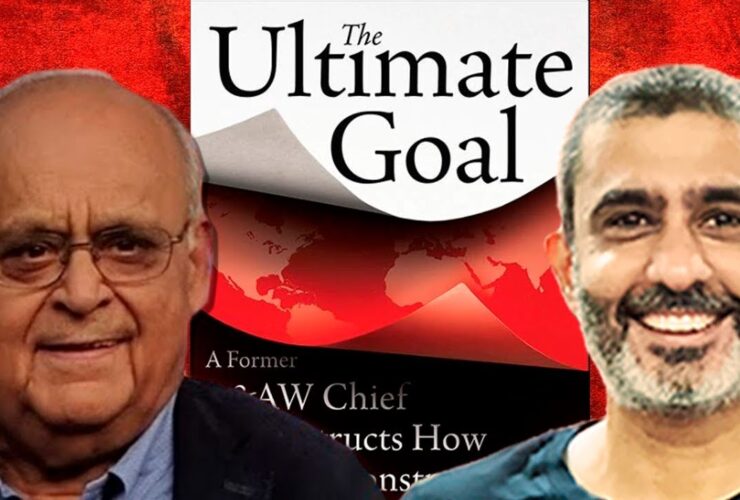
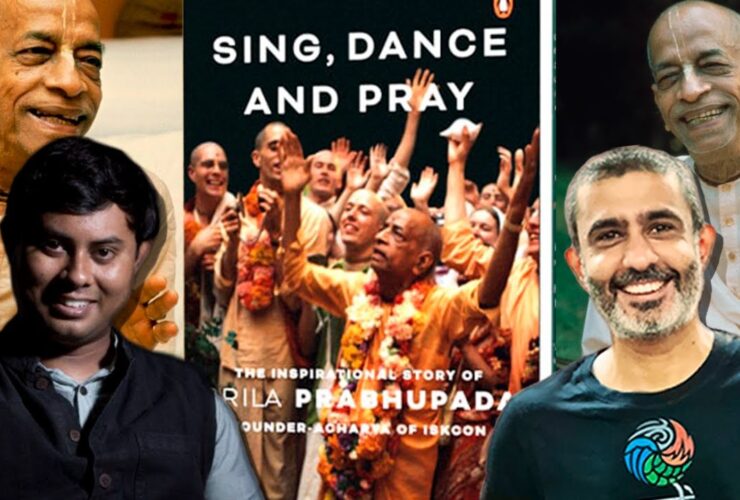


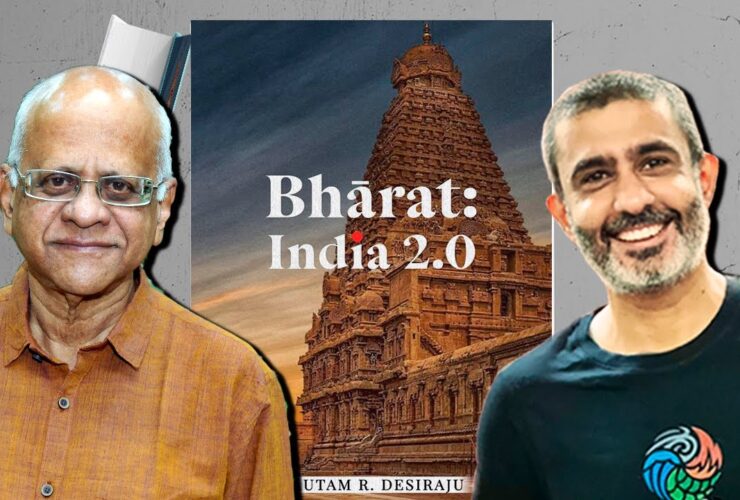
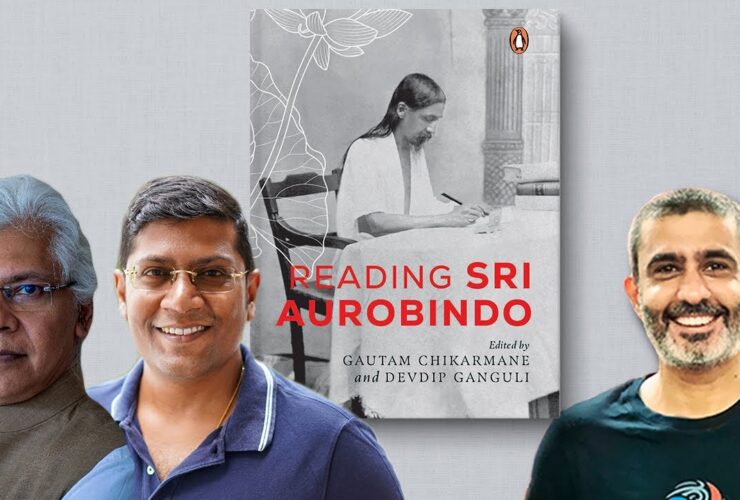
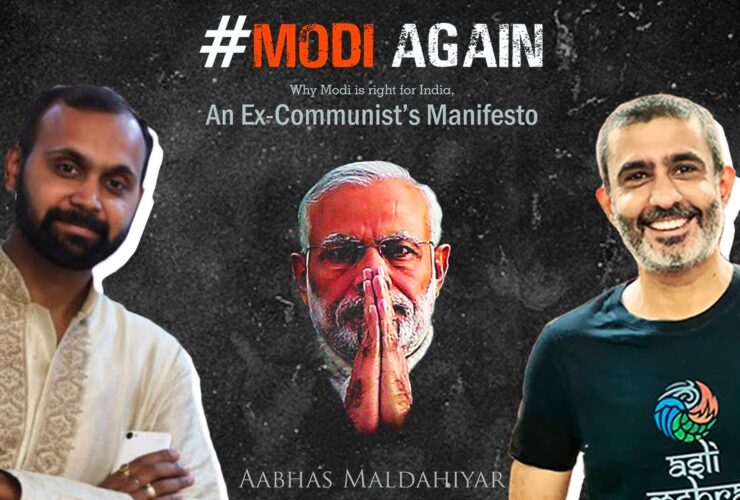
Connect With Me